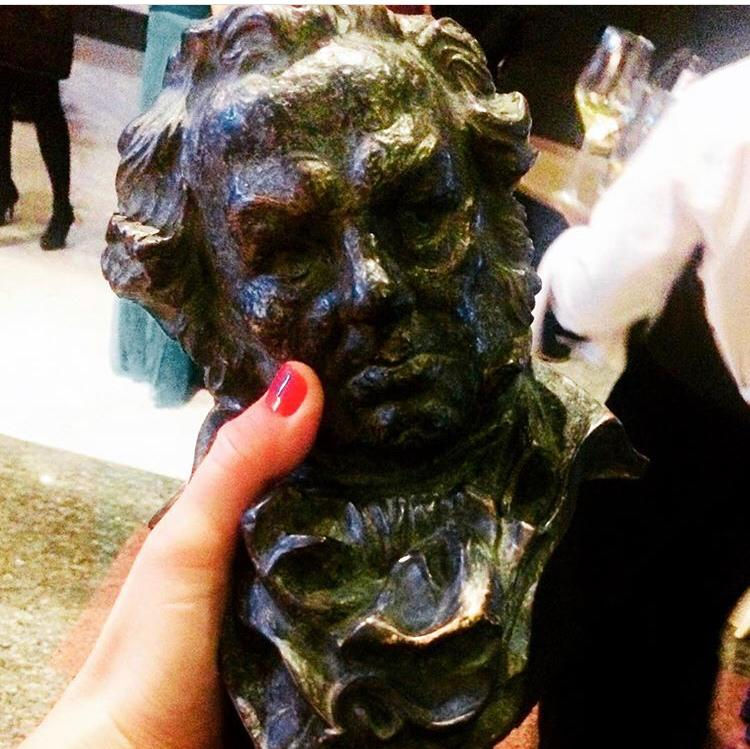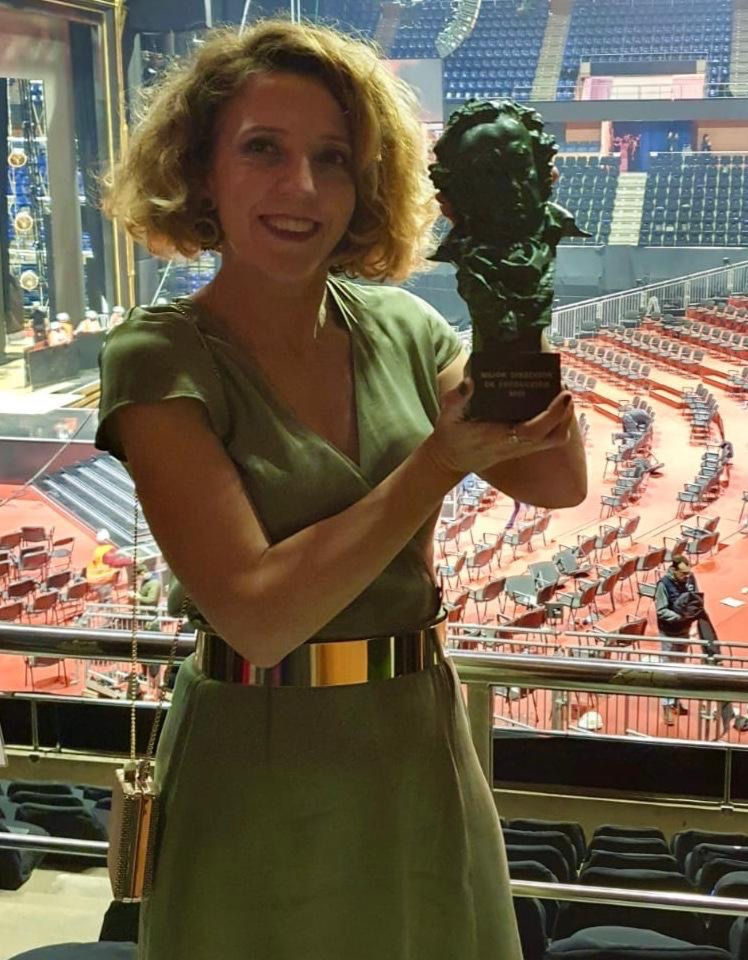Picturing success in 2020
- Morgan Fagg
- Jan 29, 2020
- 4 min read
Updated: Feb 8, 2020
A look at the Pygmalion and Galatea Effects
Two weeks ago, as I started back teaching English classes in Madrid, a student of mine explained her ambitious goals for 2020 and explained the Galatea Effect to me which is the power of believing in yourself.
We discussed the Pygmalion and Galatea Effects which are named after the Greek myth about a sculptor who fell in love with the statue he created. Pygmalion prayed to the Greek Goddess Aphrodite who made his wish come true and brought his ivory statue to life.
Many writers have written about the Greek myth including George Bernard Shaw who wrote Pygmalion in 1913 which inspired the play and later film, My Fair Lady about a Professor of Pronunciation who helps a Cockney flower girl called Eliza Doolittle to improve her English.
Employed in Madrid to help with conversational skills and English fluency, my class ended up focusing on a very different type of speech therapy far beyond “The Rain in Spain” of My Fair Lady.
The Galatea Effect focuses on the power of self-belief whereas The Pygmalion Effect looks at the power of teachers and managers who believe in the success of their students and staff.
In our English class, I listed several examples of believing in, encouraging success and achieving success and what was always surprising was the consistency of this success.
My local G.A.A. team, The Madrid Harps are the current European Champions but I’ve never been any good at football, in two tournaments however while playing for B teams, I took the opportunity to convince the team that we could win and in both cases we did.
Playing for the Harps’ B Team in Barcelona, the captain said that the team had never won a game before and I kept interrupting him by saying, “Until now” which annoyed the much more realistic captain but in the end, we won.
Spurred on by this victory, on another occasion, while subbing for Barcelona’s B Team in Valencia, I gave a much more convincing speech about believing in the team’s success and my half-time speech was credited with turning around the team’s chances.
I might not be able to kick the ball as well as I can talk the talk and when the Gaelic football team let me take a corner for them, I proceeded to throw the ball in from the sidelines as the stadium watched on in horror.
The team’s belief still carried through even when I dropped the ball and we won that game.
The first tournament might have just been luck but the second time was more about focusing their determination and I had seen similar luck even when I first started training with the team.
While I had never heard of the Galata Effect, I had certainly seen it in effect. At one of my first training sessions with the Madrid Harps, I joked about taking a picture of the winning team before we played a friendly game against the other half of the team.
All joking aside, my side won that day and I think even joking about success is worthwhile.
More than just goals, you need to hit all your targets
While taking part in an amateur archery contest in Hungary as part of the European People’s Festival. I watched as a girl from Westmeath joked with the Hungarian hosts that she would hit all the targets.
It was explained at the start of the day that the final stage was optional and involved hitting three targets on horseback.

I agreed to try this Mongolian style of archery even though I hadn’t been on a horse since one stepped on my foot when I was seven years old. I tried and failed but the Irish girl took one of the Hungarians’ pencils and marked down on his clipboard that she hit all three targets. She joked that no one would know any better but the poor guy frantically rubbed out her score only to have to fill it back in after she got on the horse and hit all three targets.
Maybe she is a descendant of Genghis Khan but I couldn’t believe she hit all three targets while riding a horse, just like she said she would and that to me is the self-fulfilling prophecy of the Galatea Effect.
Picturing success
My student Patricia then explained the Pygmalion Effect where we can project success and failure onto others as was demonstrated while measuring the effect of expectations of schoolchildren.
Teachers who were told they had genius students, treated their students as such and the results varied significantly from those students who they were told were below average.
Believing in her friend, Patricia deserves an award for best supporting role as she was encouraging a friend to write an acceptance speech in case she won a prestigious Goya award which she had been nominated for.
Unlike the 50/50 chances of playing a game of football, there were 4 contestants for the award and I suggested that she should take a winning picture of her friend in front of a statue of Goya, in front of the Prado Museum.

Unlike Pygmalion, Patricia works in a very different type of modelling where her marketing firm predicts data outcomes from available data.
She correctly predicted that her friend might need a speech and at the Prado museum, Patricia encouraged her friend to say a few words to the giant Goya statute.
The nominee joked, "Goya, we are from the same town and next week I will take your head” which she did.
You still have to work hard to get nominated for a film and television award but whether you are cocky or do little like the character Eliza Doolittle, we all need to start believing in each other, our students and teams, and especially ourselves.

A new decade has just begun and as Britain Brexits Europe, we might realise that we can still find success all over Europe in places like Budapest, Barcelona, Madrid and Valencia.
Henry Ford famously said,
“Whether you think you can or you think you can’t, you’re probably right”
and even if it sounds cliche, get back on the horse, hit those targets, and be the best supporting friend whenever possible.
The worst that can happen is that a small stadium of people might see you fail before your team goes on to win.
Whatever jersey you decide to wear or team you decide to support on February 8th, let’s start believing that we can be European Champions in 2020.





Comments